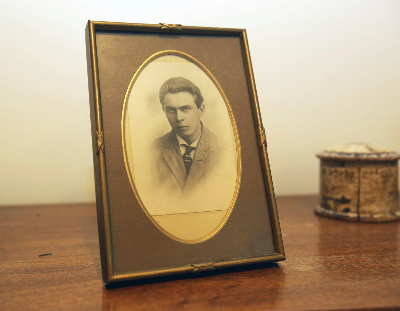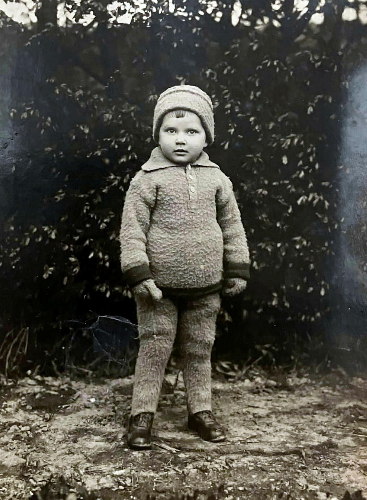
©
Столітня родинна таємниця, яка довгий час залишалася в тіні, нарешті розкрита, змінивши уявлення про спадщину видатного ісландського поета Йоганна Йоунссона (1896–1932). Попри передчасну смерть від туберкульозу, його поезія й досі знаходить відгук у серцях ісландців. Найвідомішим його твором є вірш Söknuður ("Туга"), що починається проникливими рядками: "Де втратили свій колір дні твого життя?". Однак, за межами літературної слави ховалася особиста драма: поет мав сина, про якого ніколи не дізнався. Його кохана Еліна Йонсдоттір приховала вагітність і таємно народила дитину в Данії, віддавши її на всиновлення фермерській родині. Ця історія залишалася загадкою майже століття, аж доки історик Ґудмундур Магнуссон не розпочав своє розслідування. Він знайшов у данських архівах документи, що вперше підтвердили існування дитини. У 1917 році Еліна звернулася по допомогу до Данської організації для породіль, і цей запис став єдиною офіційною згадкою про її сина. Проте найбільш болісна правда відкрилася пізніше: хлопчика, якого назвали Кнудом, ніколи не визнали сином Йоунссона. Він прожив лише п’ять років і помер від туберкульозу в 1922 році, повторивши трагічну долю свого біологічного батька.Це відкриття стало потрясінням для нащадків та літературної спільноти, відкриваючи новий вимір життя і творчості поета. Завдяки знайденим фотографіям і документам світ вперше зміг побачити обличчя хлопчика, якого Йоунссон так і не встиг обійняти. Його спадщина відтепер сприймається не лише через призму літературних здобутків, а й через призму особистої трагедії.
The secret of the descendant of the renowned poet Jóhann Jónsson has been revealed
A century-old family secret, long shrouded in mystery, has finally been uncovered, reshaping the legacy of the renowned Icelandic poet Jóhann Jónsson (1896–1932). Despite his untimely death from tuberculosis, his poetry continues to resonate deeply with Icelanders. His most famous work, the poem Söknuður ("Longing"), opens with the poignant lines: "Where did the days of your life lose their color?" Yet beyond literary fame lay a hidden personal tragedy—one the poet himself never knew.Jónsson had a son, a child he was never aware of. His beloved, Elín Jónsdóttir, concealed her pregnancy and secretly gave birth in Denmark, where she placed the baby for adoption with a farming family. For nearly a century, this story remained buried, until historian Guðmundur Magnússon launched his investigation. Searching through Danish archives, he unearthed documents that, for the first time, confirmed the existence of the child. In 1917, Elín had sought aid from a Danish maternity organization, and this record became the only official trace of her son.The most heartbreaking truth emerged later: the boy, named Knud, was never acknowledged as Jónsson’s son. He lived for only five years before succumbing to tuberculosis in 1922, mirroring the tragic fate of his biological father. This revelation sent shockwaves through both Jónsson’s descendants and the literary community, shedding new light on the poet’s life and work. Thanks to recently discovered photographs and records, the world has now seen the face of the child Jónsson never had the chance to embrace. His legacy is no longer viewed solely through the lens of literary achievement but also through the sorrow of a deeply personal loss.

©
1705